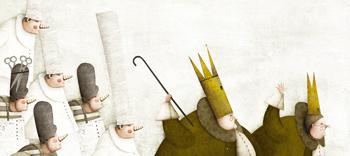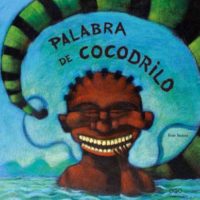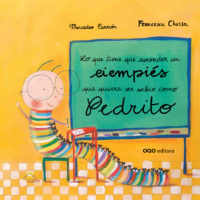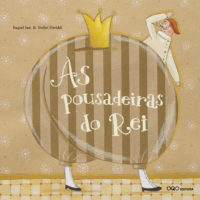Three wishes
Eva Mejuto & Gabriel Pacheco
13,50€
- Páginas 36 pages
- Encuadernación hardback
- Medidas 25x23cm
- Publicación October 2008
“Dreaming on moonlit nights, brings good luck. You can ask for three wishes”, proclaimed the mysterious piece of paper that fell down the chimney, while the two old people spent their time toasting a crust of bread. Gold teeth, elegant clothes, a diamond palace… What a difficult choice…! So the old woman thought that with a sausage sandwich, she would be able to think better. Just then… sass!, the sausage appeared. She had used up her first wish! How many dreams end in three wishes?
More info





